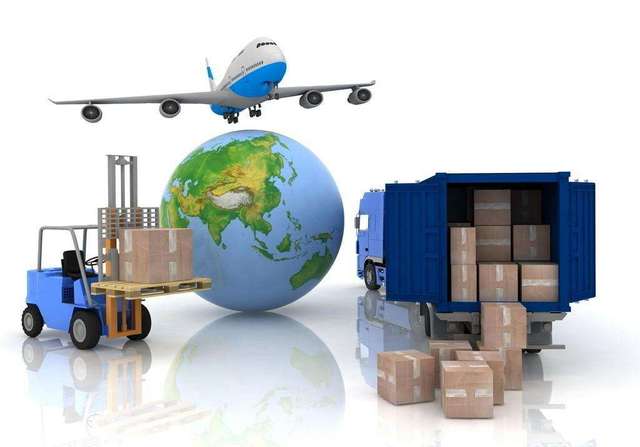A Place for Entrepreneurs to Share and Discover New Stories.
Do international shipping companies offer warehousing and distribution services?
International shipping companies play a vital role in the global supply chain, facilitating the movement of goods across borders and continents.
International shipping companies play a vital role in the global supply chain, facilitating the movement of goods across borders and continents. In addition to transporting shipments from one location to another, many international shipping companies also offer warehousing and distribution services to support the storage, handling, and delivery of goods. In this article, we will explore the functions of warehousing and distribution services provided by international shipping companies and their significance in today's interconnected world economy.
1. Warehousing Services
Warehousing is an essential component of the logistics process, providing storage facilities for goods awaiting shipment or distribution. International shipping companies often operate warehouses strategically located near major transportation hubs, ports, or distribution centers to facilitate efficient movement of goods. These warehouses serve as temporary storage facilities where shipments can be consolidated, sorted, and prepared for onward transportation.

2. Storage and Inventory Management
One of the primary functions of warehousing services offered by international shipping companies is storage and inventory management. Warehouses provide secure and climate-controlled storage space for a wide range of goods, including raw materials, finished products, and inventory for retail distribution. Advanced inventory management systems enable real-time tracking and monitoring of stock levels, ensuring accuracy and efficiency in inventory management processes.
3. Order Fulfillment and Distribution
International shipping companies also play a crucial role in order fulfillment and distribution operations. Warehousing facilities serve as fulfillment centers where orders are processed, picked, packed, and shipped to customers or distribution centers. By leveraging sophisticated order management systems and automation technologies, international shipping companies streamline order fulfillment processes, reduce order processing times, and improve overall customer satisfaction.
4. Cross-Docking and Transshipment
Cross-docking and transshipment are logistics strategies used to expedite the movement of goods through the supply chain. International shipping companies utilize warehousing facilities for cross-docking operations, where incoming shipments are unloaded from one mode of transportation (e.g., containers, trucks) and loaded directly onto outbound vehicles for onward delivery. This minimizes storage time and handling costs, improving overall supply chain efficiency.
5. Value-Added Services
In addition to storage and distribution, international shipping companies offer a variety of value-added services to meet the diverse needs of their customers. These services may include labeling, packaging, kitting, assembly, and customization according to specific requirements. By offering value-added services, international shipping companies enhance the flexibility and versatility of their warehousing and distribution solutions, catering to the unique needs of different industries and market segments.

6. Just-In-Time (JIT) Inventory Management
Just-in-Time (JIT) inventory management is a strategy aimed at minimizing inventory holding costs and optimizing supply chain efficiency by synchronizing production and distribution processes. International shipping companies play a crucial role in JIT inventory management by providing timely delivery of goods to support production schedules and meet customer demand. Warehousing facilities serve as distribution centers for JIT deliveries, ensuring that goods are available precisely when needed, without excess inventory buildup.
7. E-commerce Fulfillment
With the rapid growth of e-commerce, international shipping companies have expanded their warehousing and distribution capabilities to meet the unique requirements of online retailing. E-commerce fulfillment services involve storing, picking, packing, and shipping orders placed through online platforms. International shipping companies leverage their warehousing infrastructure and logistics expertise to offer seamless e-commerce fulfillment solutions, enabling retailers to reach customers worldwide efficiently.
8. Last-Mile Delivery
Last-mile delivery is the final stage of the supply chain, involving the transportation of goods from distribution centers to end customers' doorsteps. International shipping companies partner with local courier services or utilize their own fleet of vehicles to perform last-mile delivery operations. By integrating warehousing and distribution services with last-mile delivery capabilities, international shipping companies offer end-to-end supply chain solutions, ensuring timely and reliable delivery of goods to customers' locations.
Conclusion
In conclusion, warehousing and distribution services provided by international shipping companies are integral to the efficient functioning of the global supply chain. These services encompass storage, inventory management, order fulfillment, cross-docking, value-added services, JIT inventory management, e-commerce fulfillment, and last-mile delivery. By offering comprehensive warehousing and distribution solutions, international shipping companies enable businesses to streamline their logistics operations, reduce costs, improve efficiency, and enhance customer satisfaction in today's competitive marketplace.
